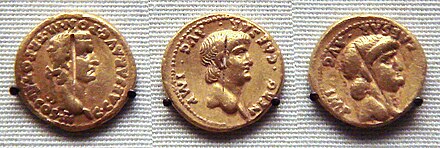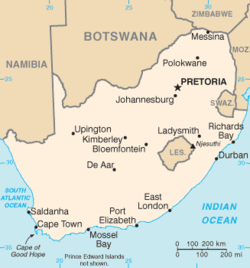If I were asked to name one thing without which India’s history would have been dramatically different, I would say it is Spices!

No king, no general, no war, no event has charted the course of Indian history the way spices have. Whether you talk about the glorious position India reached in ancient times or the penury it suffered in medieval times, it is all related to her tryst with spices!
School children often find history dull and boring. In my opinion, that is largely because it’s taught in dull and boring ways.
Why would a child find it interesting to learn about dynasties and wars? Tell them instead about the fascinating story of pepper and tea.
History is bound to be far more appealing when you change the point of focus. For more on how you can get your child to enjoy History, check my series Making History Interesting for Children.

The ancient Romans were so dependent on Indian spices to preserve their meats and add flavour to their food that there are accounts of how India was draining all of Roman gold.
Things came to such a pass, that Rome was compelled to ban trade with India in order to prevent itself from going delinquent.
India, even today is the seat of much of the world’s gold. Stored in temples and private collections, a large part of this gold made its way from African mines into India in exchange for the spices that the wealthy around the world wanted from India.

The history of colonisation also begins with the allure of Indian pepper.
Christopher Columbus set out to discover India when he stumbled upon America.
The thirst to find India was the thirst for pepper. For it was pepper that preserved the meat, added flavour to bland European cuisine and worked as a magical medicinal potion as well.

Columbus did four voyages in his life. Till the end he maintained that he had found Asia, for nobody in the old world knew that the continent of America even existed.
That is why the native people were called Indians (Red Indians/Native Indians). It was all a case of mistaken identity!
The Spanish and the Portuguese were in a race to get to India. Voyage after voyage were sponsored by their monarchs in this relentless search.
Just before that, in 1487, Portuguese explorer Bartholomew Dias had led an expedition in search of India and reached for the first time, the very tip of Africa.
He was compelled to return midway due to a rebellion by his crew. When he returned with news that he had found Africa’s end, the Portuguese King was jubilant. He named the end of Africa, the Cape of Good Hope – for it offered hope of reaching India!

When the Portuguese first arrived in India in 1498, Vasco da Gama’s crew were asked what had brought them so far away from their home. The answer they gave was brutally honest. They said they had come for Christ and for Pepper.

The voyages of both Columbus and Da Gama were game changers in world history. It ushered in a new era of colonisation and dramatically altered the relative positions and power equations of the world for years and years to come.
All of these developments would not have been, had it not been for India’s legacy of spices.
So, the next time you sit down for a meal and notice the peppercorn and cardamom on your plate, bow down in acknowledgement. They have changed the course of World History!
Trackbacks and Pingbacks